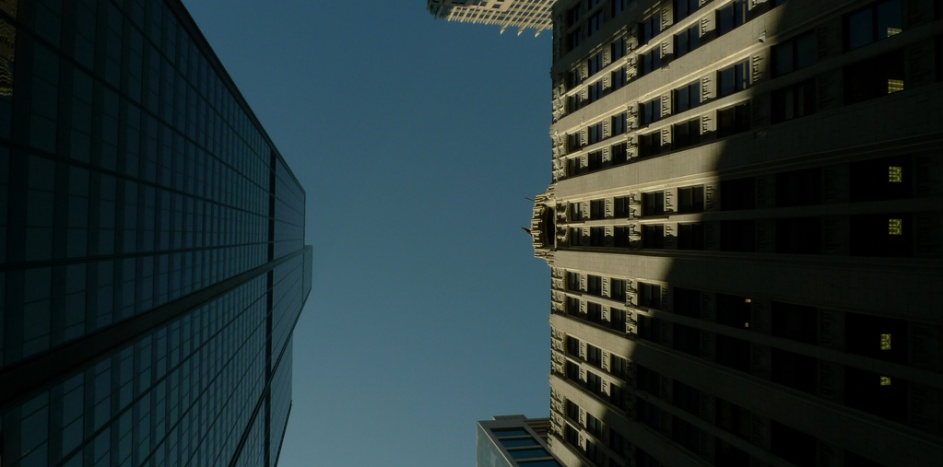Root
The most important element in my life is wind. It pushes, punishes, but also wakes me up, straitens my back, sends me on my way. It always reminds me of my childhood and the exhilaration of being alone, as if unsupervised, awaiting a slightly dangerous adventure. At that time, I especially liked the wind with little rain, a challenge to the banality of nice weather. The wind would arouse my inert mind, bring fantasies of dance, of movement. Later, I lived in windy places – so many of them! – always taking wind for granted, wind and little else. Without even paying it any thought. Unacknowledged. Indispensable.
It is the wind that connected me to the land I was staying on. It created a circling border that moved with me wherever I went. I didn’t need to put down roots, to dig foundations. Where I was, the wind was, the same, familiar, though growing stronger. Its strength was very consoling as it increased proportionally to my weakening. The stronger it was, the less resistance was needed. I learned to be pliant. Rooted in its encircling motion, I would let myself be carried away.
Heat
After reading a poem, some phrases remain – an image, a sound, a thought. “Hushing of ashes” is what I repeat from a Mark Strand poem, and it is flickering in my mind. Hushing of ashes, trying to still them again and again. But under them there lingers some heat that makes them glow. Whose ashes these are we don’t know and the hissing of hushing won’t tell us. There are secrets, and silences, and worries that hide in these ashes, and the glow is bluish, unhelpful.
Space
Return to a city so well known, but left long ago; return never hoped-for, deemed impossible. The city, when recalled, appeared somewhat truncated, seen only in snapshots, a bench but not the park, a staircase but not the building, a perspective with me looking but with only a fragment of the street. And then the street, once you step on it, rolls on like a carpet placed there to honour you back. Steps are carefree and easy, logically consecutive, knowing their direction. Your movements are also spontaneously purposeful, swift, unhesitant, because your feet are on the ground they know. But when you leave again, even only for some time, the fragmentation returns. The original landscape has been unhinged, like a painting removed from a wall. The outline remains, and it can be completed only by the painting’s reattachment, its physical presence. Touching is what is needed. Memory doesn’t hold the map.














